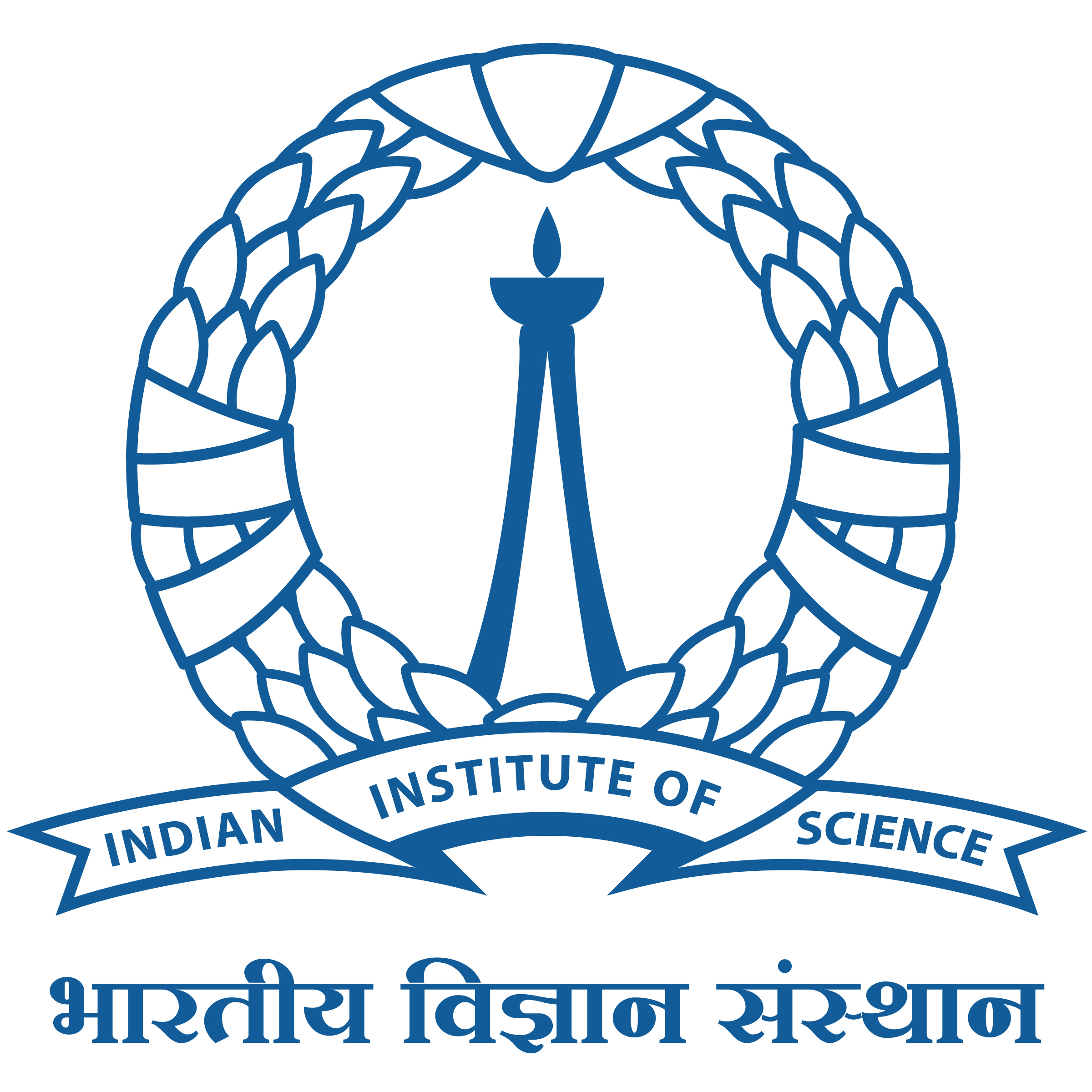
- This event has passed.
BE Seminar: The influence of chemo-mechanical cues from the cell environment on the chromatin organization
November 21, 2024 @ 11:00 am - 12:00 pm
Speaker: Dr. Aayush Kant
Postdoctoral Researcher at the University of Pennsylvania, Philadelphia
Title: The influence of chemo-mechanical cues from the cell environment on the chromatin organization
Abstract: Cells continuously experience a range of physical and chemical stimuli from their environment shaping their behavior and identity, a process that is particularly evident in diseases such as cancer. As tumor cells interact with an evolving extracellular matrix or metastasizing cells squeeze through the blood vessels during intravasation, these stimuli trigger immediate cellular response and drive long-term phenotypic changes in the cell identity. A key mechanism underscoring these changes in cell behavior is the dynamic reorganization of chromatin – the macromolecular complex of DNA and associated proteins within the nucleus – regulating gene expression. In this talk, I will present our recent advancements in developing a mesoscale mathematical model that captures the spatiotemporal chromatin reorganization in response to environmental cues – both chemical, such as epigenetic dysregulation, and physical, in the form of osmotic shocks or mechanical deformation. This model demonstrates the experimentally observed emergent segregation of chromatin into euchromatin, with expressed genes, and tightly compacted silenced heterochromatin, which often associates with the nuclear lamina. I will discuss how environment-driven kinetics of histone modifications, such as methylation and acetylation, affect the spatial chromatin distribution and the overall nuclear stiffness. I will also demonstrate how physical forces can directly alter chromatin compaction, determining gene accessibility. Our theoretical predictions are validated by experimental observations obtained via high-resolution imaging and genomic sequencing techniques. The model, grounded on agnostic thermodynamic principles, offers insights into several disease progressions, including metastatic cancer, non-alcoholic fatty liver disease, and tendinosis. Our model establishes a novel framework for mechanistically understanding the evolution of cell phenotypic identity in the context of disease mechanisms, which is helpful in identifying therapeutic interventions.
About the Speaker: Dr. Aayush Kant is a Postdoctoral Researcher at the University of Pennsylvania (Philadelphia) specializing in the study of physical forces within cells and organelles and their impact on cellular function. His research interests lie in developing a mechanistic understanding of biological systems using fundamental continuum-scale physical principles along with analytical and numerical methods. He is currently investigating how physical and chemical signals from the cell and the cell surroundings help reorganize the genome. This work utilizes mathematical modeling techniques rooted in non-equilibrium thermodynamics, variational principles and phase-field modeling. Aayush received his Ph.D. in 2019 through a joint program between the Indian Institute of Technology Bombay (Mumbai) and Monash University (Clayton, Australia), where he explored the mechanistic principles underlying the long-term pathophysiology following a traumatic brain injury. This work exemplifies yet another chemical-degradation coupled force-transduction system, a theme that Aayush is quite keen to further explore.

